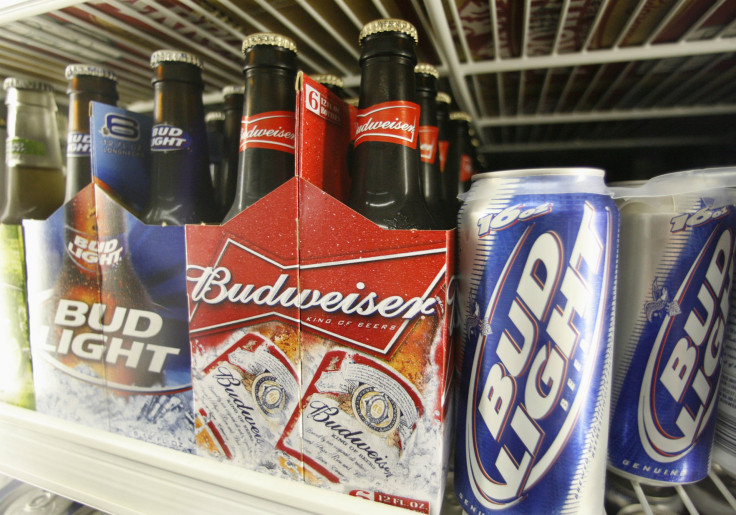Research Suggests There's A Link Between Insomnia, Alcohol Use Among Teens

There is a link between insomnia and alcohol consumption among adolescents, new research suggested Friday. Researchers from Rutgers University-Camden examined the associations between alcohol use and four sleep-related issues, including initial insomnia, sleep irregularity, daytime sleepiness and disturbed sleep.
Sleep and sleep-related problems have been associated with alcohol consumption for some time. There isn't enough pre-existing research available to determine whether the connection also affects teenagers, which is why the research team set out to establish the possibility of this.
Published in the journal Addictive Behaviors, 127 participants from the Camden Youth Development Study were assessed to determine whether symptoms of mental health issues or levels of parental monitoring were responsible for the association. The participants were either seventh or eighth-grade students.
"Existing research on associations between sleep and alcohol use among early adolescents is minimal, and potential individual and family factors that may affect this association remain largely unexplored," the study's abstract reads. "We examined potential associations between frequency of alcohol use and initial insomnia, subjective daytime sleepiness, sleep irregularity, and disturbed sleep among a low-income, ethnic minority sample of early adolescents."
The abstract also pointed out that it took into account "whether psychopathology symptoms and/or parental monitoring accounted for any associations found."
Study participants completed surveys that questioned the amount of time it takes them to fall asleep, their bedtimes during the weekday and weekend, the frequency of sleep disturbances, whether they sleep in class and potential difficulties staying awake after school. Researchers sought to discover the frequency of alcohol consumption over the last four months alongside examining depressive symptoms and disorder symptoms, too.
Initial insomnia and daytime sleepiness were determined by Rutgers-Camden's team as having an association with the frequency of alcohol use. Symptoms of mental health problems and parental monitoring, however, did not contribute to the link between sleeplessness and alcohol use. The findings were also said to be consistent with the previous research conducted on other adolescents and adults.
"These findings indicate that insomnia may be a unique risk marker for alcohol use among young adolescents," Naomi Marmorstein, a Rutgers-Camden researcher and the study's lead author wrote in the study.
The Rutgers-Camden team concluded that longitudinal research would be beneficial in developing preventative and treatment interventions for adolescents. Future research would need to investigate "the direction of this effect and other possible mediators and moderators," according to the study's authors.
Drinking under the age of 21 is illegal, but many people between the ages 12 and 20 have consumed alcohol. This group is responsible for consuming 11 percent of all alcohol nationwide. This demographic also, on average, consume more drinks per session compared to adults of age.
Underage drinking reportedly affected the U.S. economy in 2010 by $24 billion.
© Copyright IBTimes 2024. All rights reserved.






















